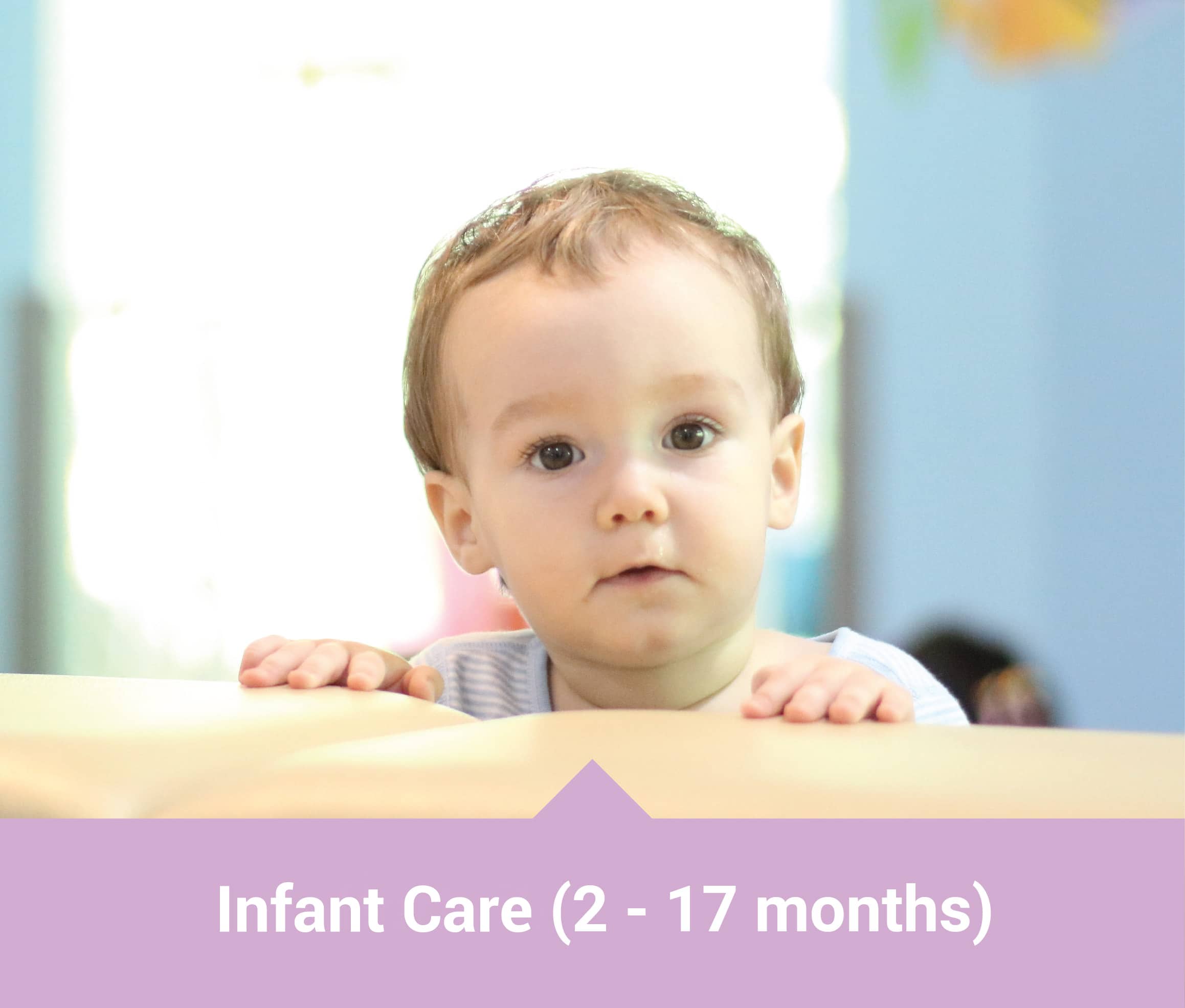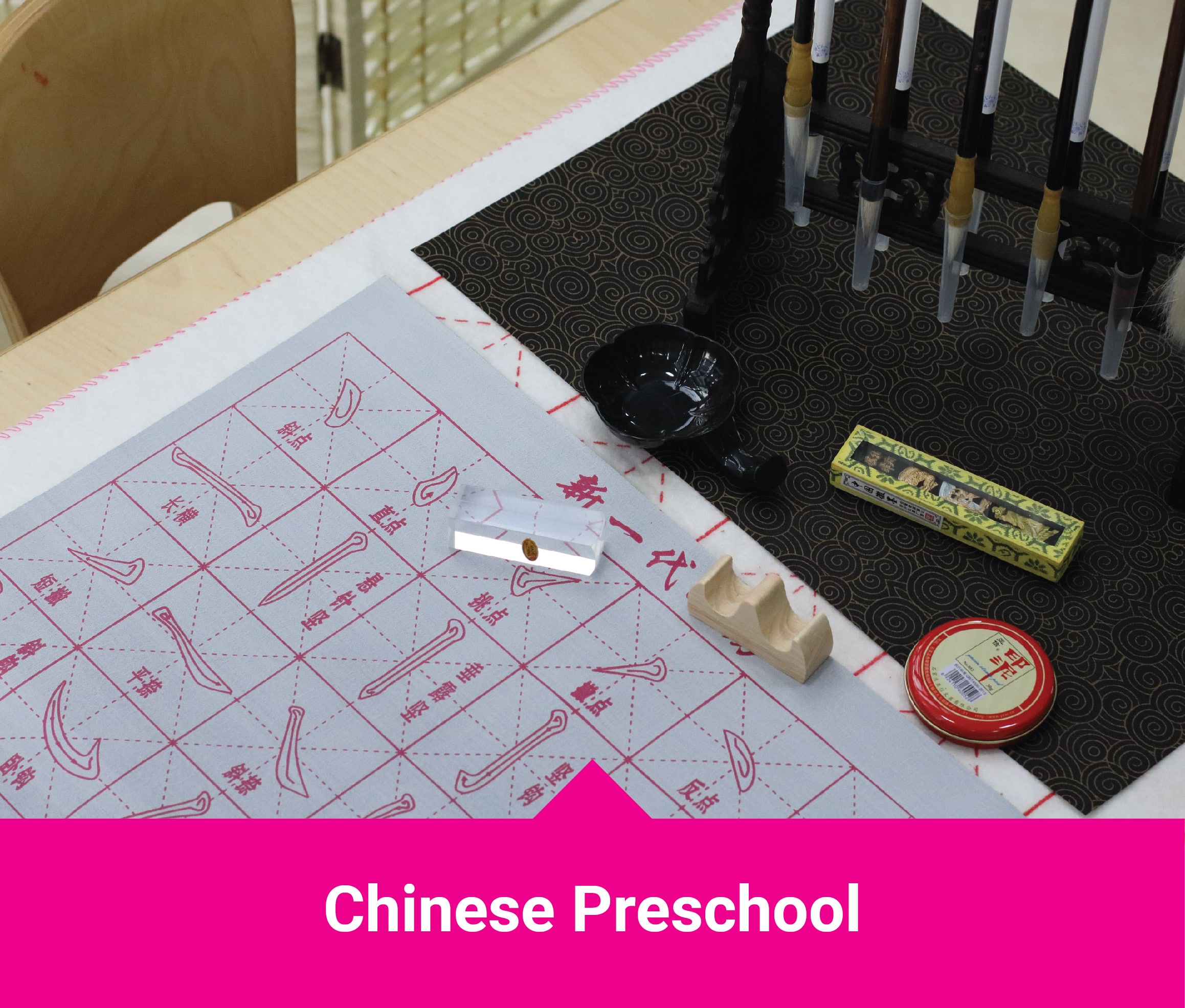
1, 2, 3, 4, 5, once I caught the benefits of rhymes, 6, 7, 8, 9, 10, then I never let it go again!
Benefits of Nursery Rhymes
Nursery rhymes are an integral part of our childhood. These are songs that we’ve requested our parents to sing to us or with us when we were growing up. Before we discovered pop songs, nursery rhymes were our jam!
While many of you may be bored of the same nursery rhyme playing over and over again at home during this Circuitbreaker and home-based learning period, did you know that these catchy tunes can benefit children in their learning and development?
Research has shown that children who can recite 8 nursery rhymes by heart by the age of 4 years old tend to be better readers and spellers than their peers.
Nursery rhymes are when children first encounter words and their meanings. They are fantastic vocabulary boosters as new words are introduced through simple repetitive phrases and a pleasing rhythmic pattern. Some of your child’s first storybooks may even be a nursery rhyme!
Ask your child how they spell “BINGO”. Almost every child can do so because they’ve been singing:
B-I-N-G-O,
B-I-N-G-O,
B-I-N-G-O,
and BINGO was his name-O!
These catchy tunes and repetition of words and phrases help children to remember the spelling of terms better.
Nursery rhymes also help them acquire an understanding of the meaning of words and can interpret words according to the context of the song. Since a rhyme is essentially a short story, they will also grasp the concept of simple stories that has a beginning, a middle, and an end. Understanding the structure of a short story would be helpful as they learn how to write.
Listening to the song continuously also allow little ones to pick up words through music. As they tap their feet and move to the beat, they will also start to imitate repetitive words they hear from the nursery rhymes. They may begin uttering one syllable, two syllables, and then the full word till they can enunciate the words accurately, with the right intonation.
All these features in nursery rhymes build an important foundation that leads to more complex language and literacy skills as children grow.
Trivia Time! What is the 11th letter of the alphabet?
You’ll understand how nursery rhymes improve our memory when you start singing your ABCs to find the answer to this question. Up until we are adults, whenever we need to rank items alphabetically, we rely on the ABC song. That’s because the catchy tune and lots of repetition of the song during our formative years have helped us remember the order of the alphabet this way.
The same works for our little ones! Through exposing your child to sound patterns, rhymes provide their brains with feedback it will need to categorise words via their internal structure. For instance, children will be able to recognise similarities between words that begin with the same sound or words that rhyme.
In children’s songs and rhymes, there is frequent use of numbers and counting. Think, ‘5 Little Monkeys Jumping on the Bed’ or ‘Five Little Ducks’. These are fun ways which provide the foundation for important numeracy skills. Some nursery rhymes may also introduce numeracy concepts such as big versus small and tall versus short, like in ‘I’m a Little Teacup’.
While singing along to nursery rhymes, children are also practising their mouth and tongue muscles as they pronounce the different sounds. Rhymes that require movements like ‘The Hokey Pokey’ and ‘If you’re happy’ provide opportunities for a good workout; all while having fun!
And when your child has to put their “right leg in”, they would have to balance on their left leg, which encourages them to refine their fine and gross motor control skills, their abilities to balance, coordinate, and to follow simple instructions in the song.
Many times, when singing nursery rhymes in preschools, teachers will encourage children to pair up as they “row the boat” with their friends. Doing so teaches them about making friends and how they can communicate with their peers.
How fast should they row? Should they move forward or backward? Troubleshooting these simple actions help nurture a child’s problem-solving skills.
Besides incorporating the learning of languages and mathematics into nursery rhymes, a little bit of S.T.E.A.M concepts can also be introduced in nursery rhymes. For instance, parents can probe and get children to build a safer and sturdy wall for “Humpty Dumpty” to prevent him from falling.
Listening to and reciting nursery rhymes build brain structures, which encourage the development of higher order cognitive abilities.
Why Wait, Sing To the Tune Of Your Favourite Nursery Rhymes Today!
Appreciating the benefits of nursery rhymes and children’s songs will help parents to expand children’s learning opportunities and help nurture a positive disposition towards learning.
So, the next time you feel like switching off that music playing in the background during your child’s playtime, think twice, and perhaps take this opportunity to sing and dance with your little ones. It can be an additional fun activity to do at home and makes for a fruitful bonding experience as well!
About Mulberry Learning
Established in 2006, Mulberry Learning is an award-winning Reggio-inspired preschool with 11 locations around Singapore. Mulberry Learning is the world’s first and only preschool network certified by the USA for the Habits of MindTM framework, and its curriculum has been voted as “Singapore’s Best Holistic Learning Programme” for 3 years running by leading parenting publications.
Looking for a preschool? Register Your Interest to find out how Mulberry Learning can help your little ones become a confident communicator, independent thinker, and a passionate lifelong learner.












